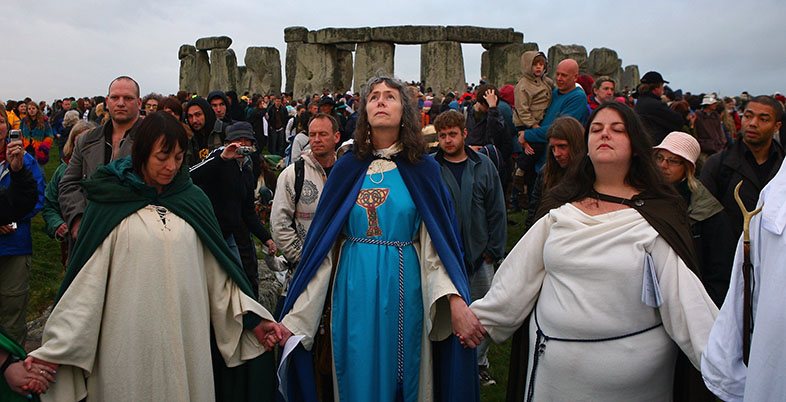Home » Course Layouts » Free Course Layout Udemy
This course, A spiritual revolution? Wicca and religious change in the 1960s looks at the ‘crisis’ of traditional religion in the Sixties in the Western world.
0
53
English
English [CC]
- Learn basic syntax that can apply to any language.
- Learn what is a programming language and the basic concepts for beginners.
- Understand what is Javascript in it's truest form.
- Know the basic syntax of Javascript.
- Know some hidden quirks in Javascript.
Description
It explores the process of religious renewal, looking at the development of Wicca, the prototypical form of modern Paganism. Originally presented as a Goddess religion of great antiquity, which had survived the Roman invasion and Church persecution, Wicca is in fact best seen as a new religion, clearly belonging to an age in which sexual norms, gender roles and traditional power structures were changing. It questions to what degree we can view religious change in the 1960s as spiritual revolution.
This OpenLearn course is an adapted extract from the Open University course A113 Revolutions. and is part of a set of four OpenLearn courses, covering Revolutions of the Sixties.
Course learning outcomes
After studying this course, you should be able to:
- Consider the complexities involved in the study of religious change in the Sixties
- Reflect on the possible different meanings of ‘religion’ and ‘spirituality’, how this might relate to cultural shifts, and the significance of a ‘spiritual revolution’ for contemporary religion
- Engage with media as primary sources.
Course content
- Introduction 00:30:00
- Learning outcomes 00:07:00
- Religious change in the 1960s 00:30:00
-
- Crisis and innovation 00:03:00
- The rapid decline of traditional Christianity 00:15:00
- Preconditions for the Sixties’ Spiritual Revolution 00:20:00
- Innovation in established religious traditions 00:15:00
- Spiritual seekers 00:20:00
-
- Wicca and Paganism 00:15:00
- Gardner’s coven 00:30:00
- Wiccan life 00:10:00
- The Wiccan altar 00:10:00
- The growth of Wicca 00:10:00
- Feminist aspects of Wiccan theology 00:15:00
- Wicca: a new religious practice 00:15:00
- Conclusion 00:15:00
N.A
- 5 stars0
- 4 stars0
- 3 stars0
- 2 stars0
- 1 stars0
No Reviews found for this course.










